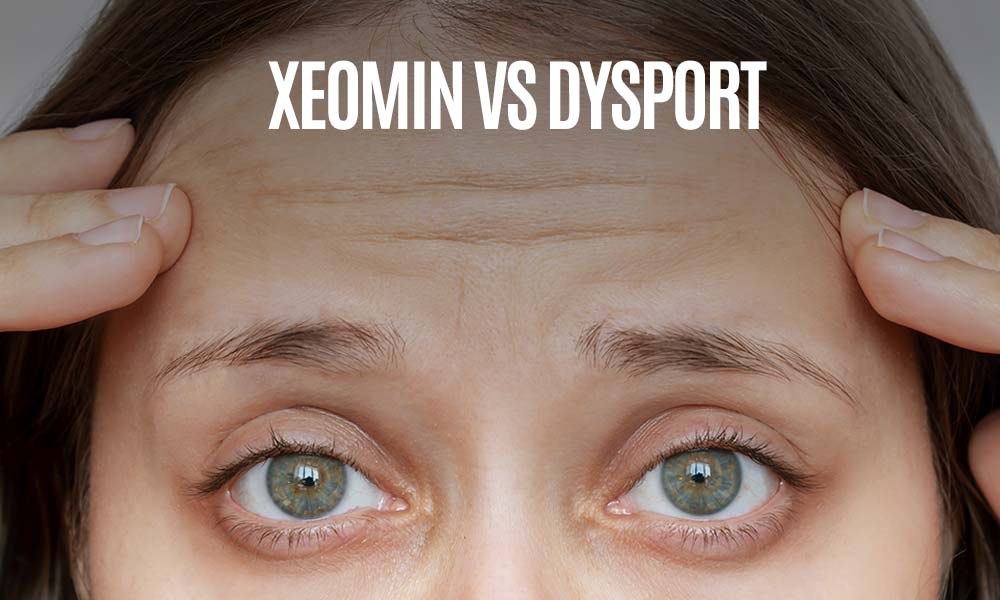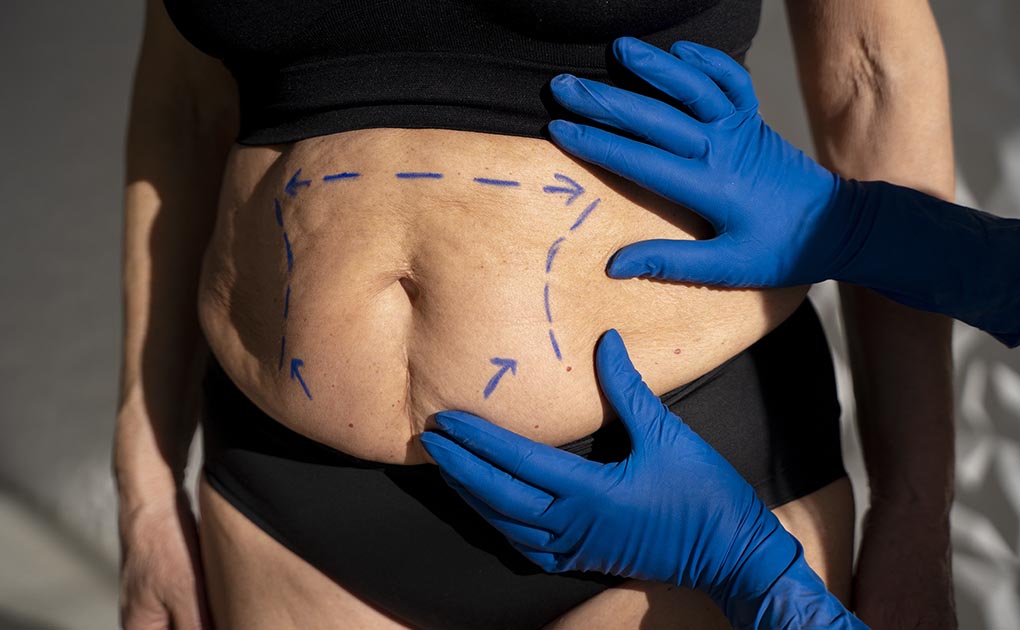In recent years, body contouring has become one of the most sought-after aesthetic treatments in the United States. Promising a slimmer, sculpted figure without invasive surgery has captured the attention of individuals seeking to improve their body image. But does body contouring work? Let’s dive into the facts and explore what you need to know about this transformative treatment.
What Is Body Contouring?
Body contouring refers to various procedures designed to reshape and sculpt the body by targeting and eliminating fat deposits, tightening skin, or enhancing specific areas. These treatments generally fall into two categories:
Surgical Body Contouring:
- Examples: Liposuction, tummy tucks, and body lifts.
- Features: Surgical methods involve incisions and are typically used to remove significant fat or tighten skin following substantial weight loss.
Non-Surgical Body Contouring:
- Examples: Cryolipolysis, laser lipolysis, radiofrequency treatments, and injection lipolysis.
- Features: These minimally invasive or non-invasive methods use advanced technology to target fat cells without surgery or downtime.
How Does Body Contouring Work?
The effectiveness of body contouring depends on the type of procedure. Here’s a closer look at the mechanisms behind the most popular methods:
Cryolipolysis (Fat Freezing):
- This technology freezes fat cells, causing them to crystallize and die. The body naturally processes and eliminates these cells over several weeks..
Laser Lipolysis:
- Laser energy heats fat cells, breaking them down while stimulating collagen production. This method tightens the skin and reduces fat.
Radiofrequency Lipolysis:
- Using radiofrequency energy, this technique heats fat cells, destroying them while also promoting skin tightening.
Injection Lipolysis:
- A series of injections uses deoxycholic acid to break down fat in specific areas, such as under the chin.
Effectiveness of Body Contouring
Body contouring has proven effective for many individuals. Clinical studies and patient testimonials indicate high satisfaction rates for both surgical and non-surgical methods. Here are some key points:
- Non-Surgical Methods: Studies show that treatments like CoolSculpting and SculpSure can reduce fat in targeted areas by up to 25% after one session.
- Long-Lasting Results: Results are generally permanent, as the destroyed fat cells cannot regenerate. However, maintaining a stable weight is crucial.
- Improved Confidence: Many patients report a boost in self-esteem and body image following treatment.
Factors Influencing Results
While body contouring can deliver impressive outcomes, several factors influence its success:
Realistic Expectations:
- Body contouring is not a weight-loss solution but a way to target stubborn fat areas.
- Candidates should be near their ideal weight for optimal results.
Lifestyle Choices:
- Maintaining a healthy diet and exercise regimen is essential for preserving results.
- Weight fluctuations can diminish the effectiveness of the treatment.
Expertise of the Provider:
- Choosing a qualified practitioner ensures that the procedure is performed safely and effectively.
Potential Risks and Considerations
Like any cosmetic procedure, body contouring has potential risks:
- Non-Surgical Risks: Temporary side effects at the treatment site may include redness, swelling, numbness, or bruising.
- Surgical Risks include infection, scarring, and a more extended recovery period.
- Cost Considerations: Body contouring treatments can be expensive, and results may require multiple sessions.
- Variability in Results: Outcomes can vary based on age, skin elasticity, and body composition.
Who Is a Good Candidate for Body Contouring?
Body contouring is ideal for individuals who:
- They are close to their perfect weight.
- Have stubborn fat deposits resistant to diet and exercise.
- Seek non-invasive options for sculpting specific areas.
- Understand that body contouring is not a substitute for weight loss.
Emerging Trends in Body Contouring
The body contouring industry continues to evolve, with innovative technologies offering enhanced results. Some exciting trends include:
- Combination Treatments: Using multiple modalities, such as cryolipolysis with radiofrequency, for comprehensive results.
- Skin Tightening Focus: New devices that combine fat reduction with skin-tightening capabilities.
- Customized Plans: Tailored treatments based on a client’s unique goals and body type.
Conclusion
So, does body contouring work? The answer is a resounding yes for the right candidates. Whether you opt for surgical or non-surgical methods, body contouring can reduce fat, sculpt your figure, and boost confidence. However, results depend on realistic expectations, lifestyle maintenance, and the provider’s expertise.
If you’re ready to transform your body and explore the benefits of body contouring, turn to trusted experts.
Discover how Forever Young Medi Spa can help you achieve your body goals with personalized body contouring treatments. Contact us today to schedule a consultation and take the first step toward a more confident you!
FAQs
1. Is body contouring a weight loss solution?
No, body contouring is not a weight loss method. It targets stubborn fat deposits and reshapes specific body areas, making it ideal for people close to their goal weight.
2. How many sessions of body contouring are needed?
The number of sessions depends on the treatment type and the targeted area. Some procedures, like CoolSculpting, may require 1-3 sessions, while others could need more for optimal results.
3. Are the results of body contouring permanent?
Results can be long-lasting if a healthy lifestyle is maintained. However, weight gain can cause new fat cells to develop, altering the results.
4. Is body contouring painful?
Most non-surgical body contouring methods are minimally invasive and cause minimal pain. During treatment, patients may feel mild discomfort, such as tingling or a cooling sensation.
5. Who is not a good candidate for body contouring?
Body contouring is not suitable for individuals who are significantly overweight, pregnant, or have certain medical conditions. A consultation with a specialist can help determine eligibility.







